How to prepare for pregnancy in the late 30s?
Every couple who’s trying to get pregnant, will keep an anxious eye on the Prega news test kit when they think they are pregnant. While for some the two pink lines on the Prega News test may show up early, for others it may take a little longer to succeed at trying to get pregnant. Many factors that affect fertility increase with age, and women in their early to late 30s may have a more challenging journey to pregnancy than their younger counterparts. However, the numbers vary and while there’s no specific thumb rule to determine one’s chances of getting pregnant, there are significant studies that have been done to study the fertility rates among women when they hit the milestone of 30. The good news is that, even in your 30s, there’s a significant chance of getting a positive Prega News test result, when you follow all the health advice and lead a healthy lifestyle. The risk in pregnancy after 30s has also been widely discussed which can make many women anxious, but as more and more women are choosing a later pregnancy than earlier times, it’s important to learn more about this, rather than believing myths and hearsay. Pregnancy after 30s can also be a joyful thing – so here’s more on what to expect when planning or being pregnant in your 30s!
Chances of getting pregnant in your 30s
The woman’s most fertile period to conceive is considered to be the 20s but all is not lost when it comes to planning a pregnancy in the 30s. While age does decrease fertility, your chances of conceiving in your early 30s is only slightly lower than your 20s. However, the chances of getting pregnant in your late 30s or post 35 are significantly reduced, although not absolutely impossible. With proper diet and lifestyle and medical advice, it is still possible to have a healthy pregnancy and healthy baby in your 30s. In fact, many studies suggest that couples trying for a year in their early 30s have a 86% chance of getting pregnant. However, women in their mid-30s and later 30s can take a longer time to conceive. Doctors suggest seeking help if you have been trying unsuccessfully for over six months at a time.
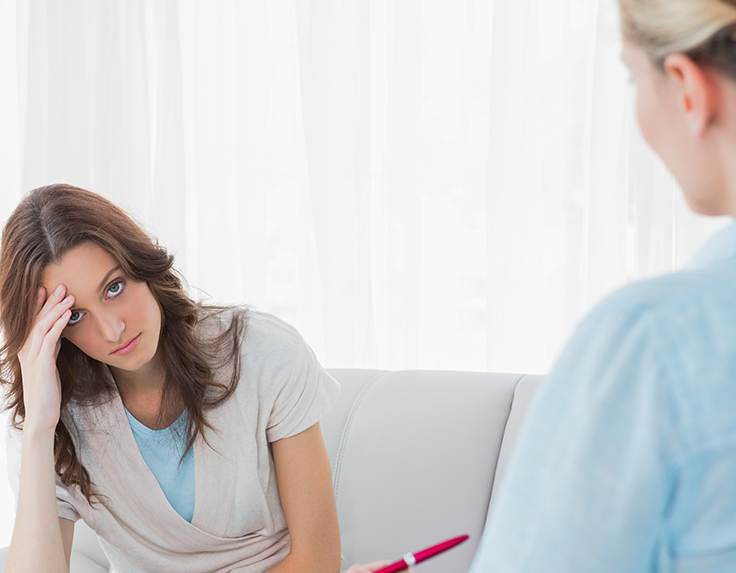
Pros and Cons of conceiving in 30s
Many women consider their 30s to be an ideal period for motherhood. There are many pros of having a child during this time. Financially you are more stable and emotionally you are deeply connected with your partner. Women in their 30s are still energetic and resilient and thus make active parents. It is also a more mature age and many women feel they have a better understanding of themselves and their relationship at this stage, all of which make for a better parenthood experience both for the parents and the children.
On the flip side, getting pregnant in your late 30s is more difficult than at an earlier stage and can pose some physical as well as psychological problems. Some may even feel a drop in their energy levels and may find their peers with older kids, thus feeling socially awkward or feeling isolated. A later pregnancy also increases chances of complications by 20%, thus scaring many women.
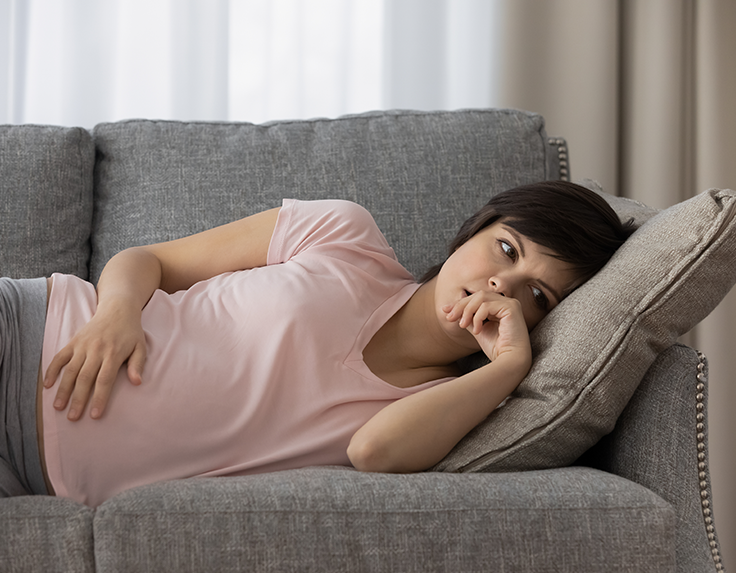
Things must do while planning to get pregnant
Like everything else in life, a couple’s pregnancy should also be carefully planned. After all, this is a journey of a lifetime and one must ensure that they take every step to make it an enjoyable, healthy and successful one. When you are planning to get pregnant, it’s best to ask your doctor for a complete health check-up for the same. Apart from monitoring regular health and fertility, this is also an opportunity to rule out any genetic illnesses etc. Your doctor will also help you lead a better lifestyle by eating right, exercising and quitting any ill habits. This is the time to be in the best shape for a healthy baby and pregnancy. It is also a time to be in your best mental health, so have open communication with your partner about everything and seek a professional’s help if you are too bogged down by pregnancy worries and have anxiety about the same.
Chance of success
At 35, most women have a 15 to 20 percent chance of getting pregnant in a given month. That could mean a 78 percent chance of conceiving within the year.
Motherhood is a wonderful and life-changing experience that should be enjoyed with peace of mind and with a healthy body. Thus, it is one decision which should not be rushed into and should be taken when both you and your partner are on the same page and in good physical and emotional and mental health. Pregnancy planning is an important step and involves many short-term and long-term discussions like assessing fertility, physical health, emotional health, financial security and much more. Even though natural conception chances decrease in the late 30s and early 40s, the advancement of medical science has made it possible for women to experience motherhood even in later ages. Thus, this is one step which should be taken after careful consideration and consultation with both your partner and your doctor.
FAQ
How can I have a healthy pregnancy in late 30s?
Apart from getting early checks about genetic disorders and other medical conditions, one must follow a very healthy lifestyle when pregnant in late 30s. As the chances of complications go up, one must stay in constant touch with their doctor and follow all the medical advice on food, exercise and other things.
Is 37 too old to get pregnant?
Although a woman’s chances of getting pregnant naturally after 35 is significantly reduced, it is not impossible to conceive at 37. When you are planning to get pregnant, it’s best to get in touch with your doctor and get all the routine checks done so they can tell you the best way forward.
Is being pregnant at 39 high risk?
While the chances of complications do go up in the late 30s, it is possible to have a healthy pregnancy at any stage. With regular check-ups, pre pregnancy planning and following your doctor’s advice at every step, you can ensure a healthy pregnancy and childbirth. Your doctor may suggest changes like bed rest, less strenuous work, more calming environment etc. to make sure that you have a healthy pregnancy.
How long does it take to conceive in your 30s?
While the numbers do indicate a drop in fertility rates in early and late 30s, the actual time taken to conceive will vary from one individual to another. Most couples find success within a year of trying and doctors suggest getting in touch with a specialist in the first six months, if you are unsuccessful. With the right lifestyle and other health check-ups, your doctor will be able to give you a more accurate timeline of when to expect getting pregnant. It is also dependent on an individual’s health so it’s best to see your gynaecologist for the complete check-up and the best way forward.































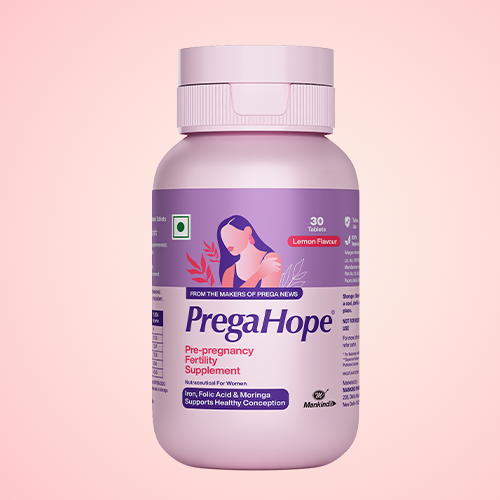
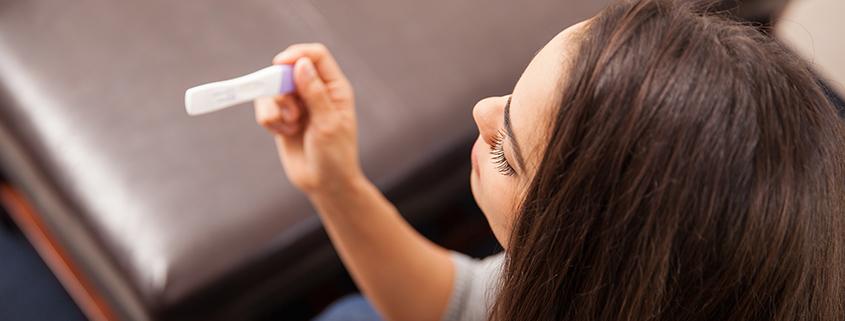
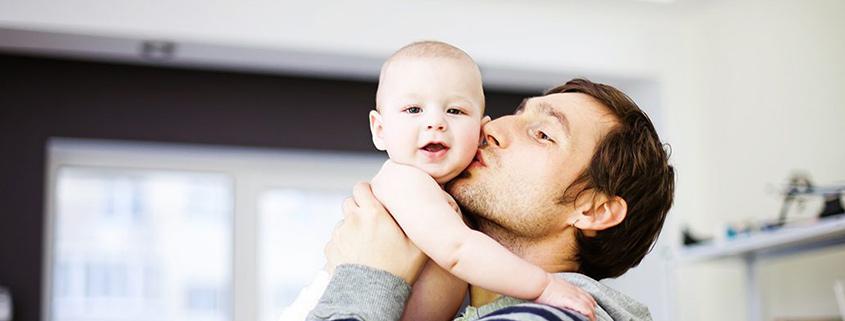






Leave a comment